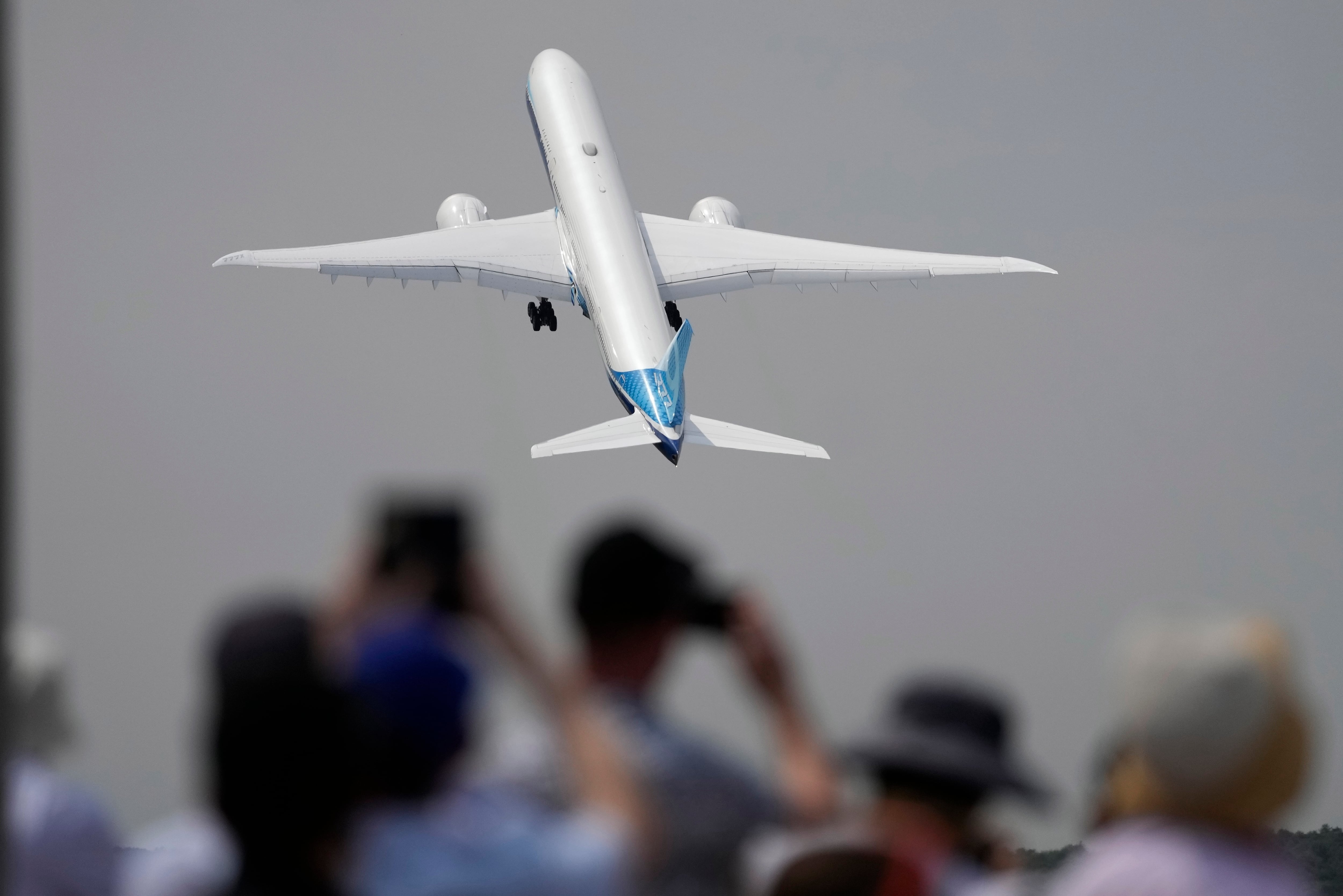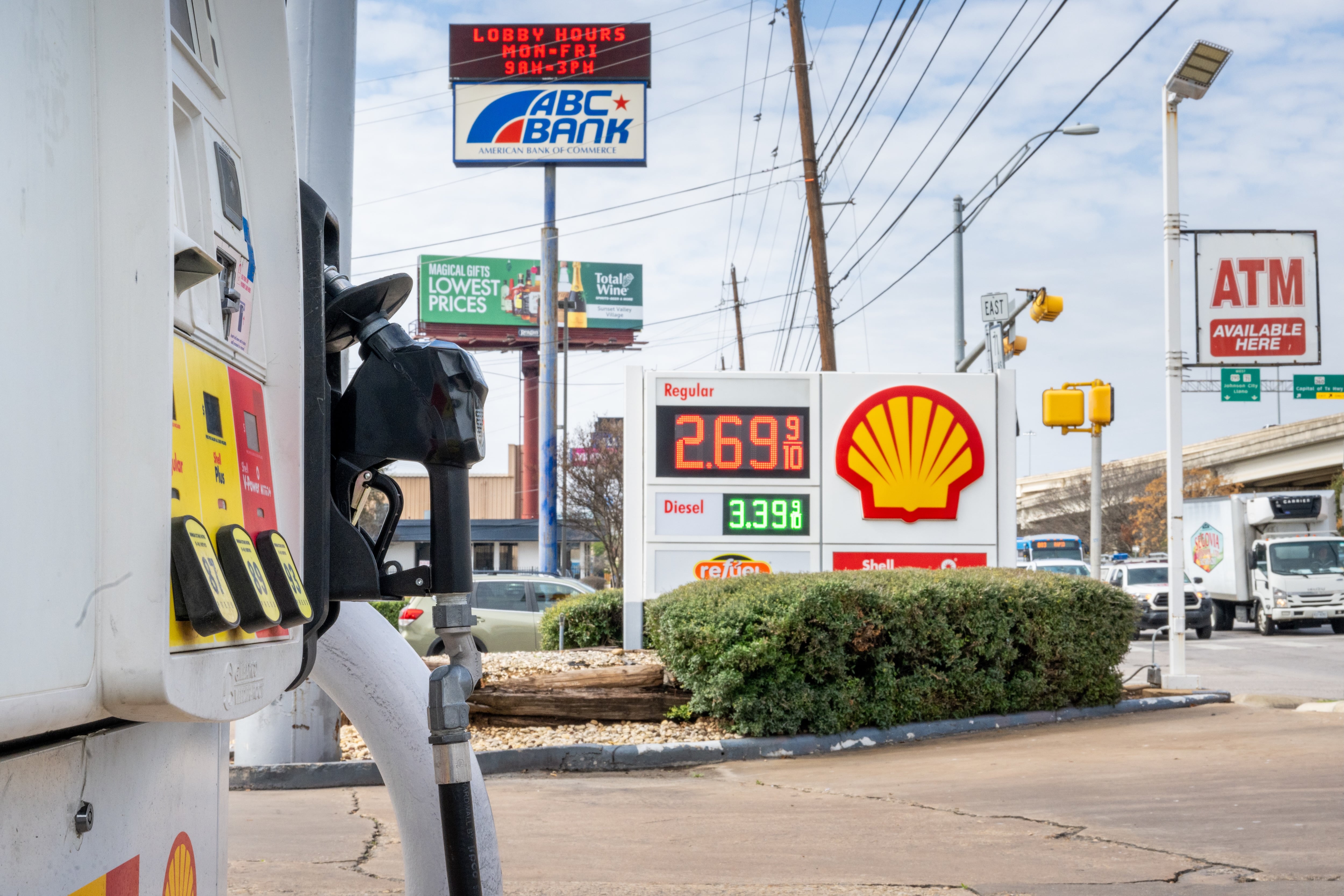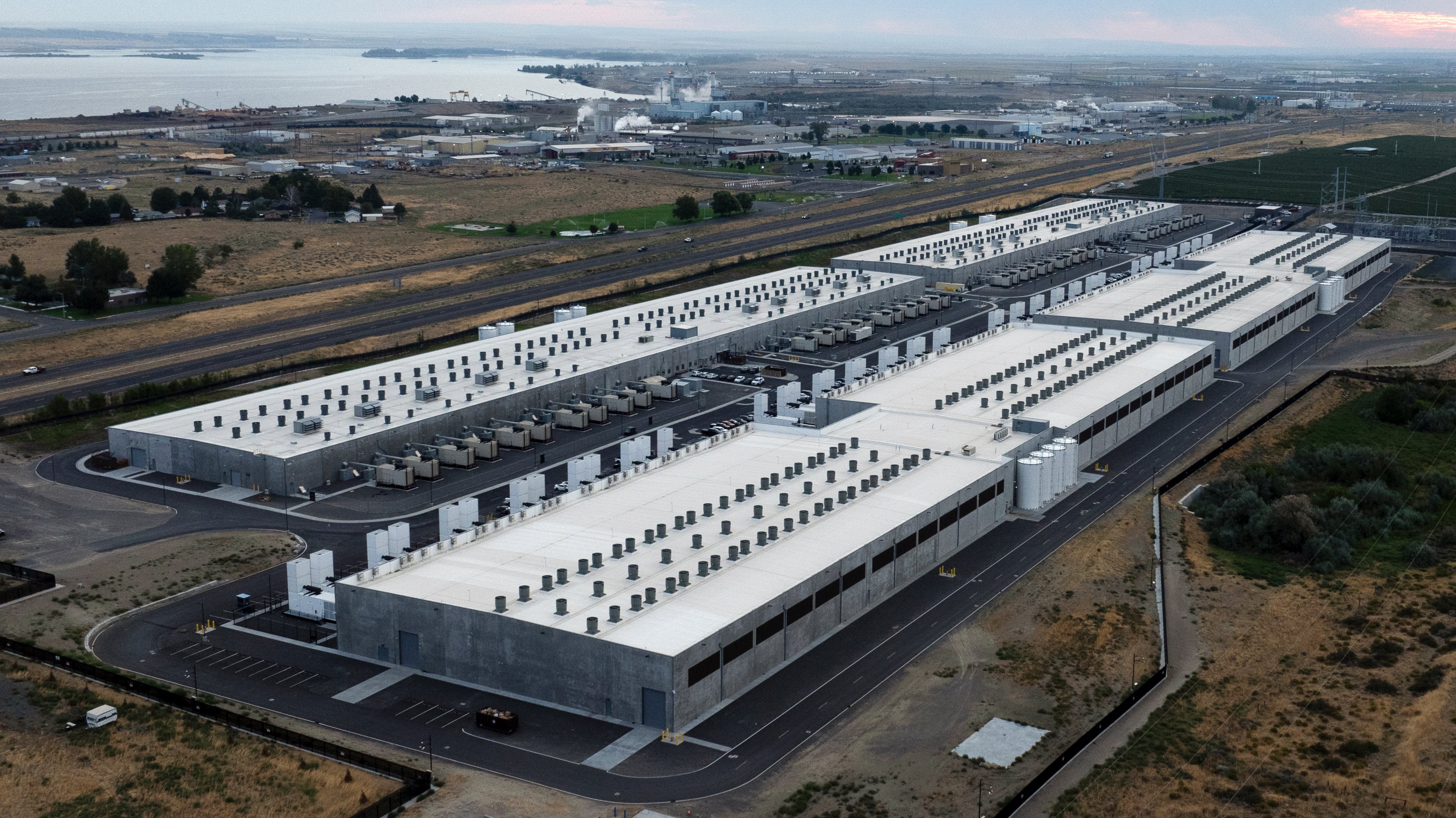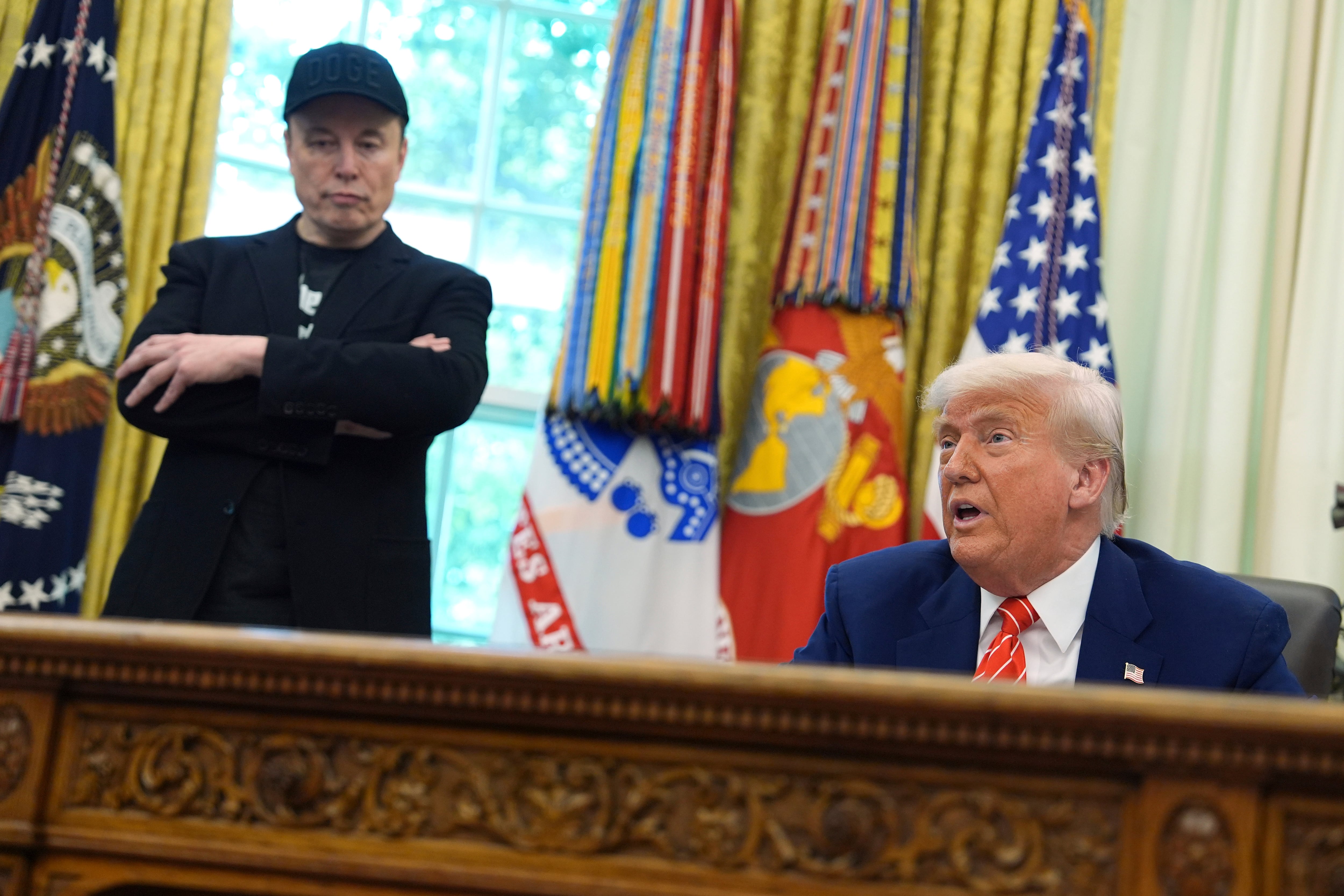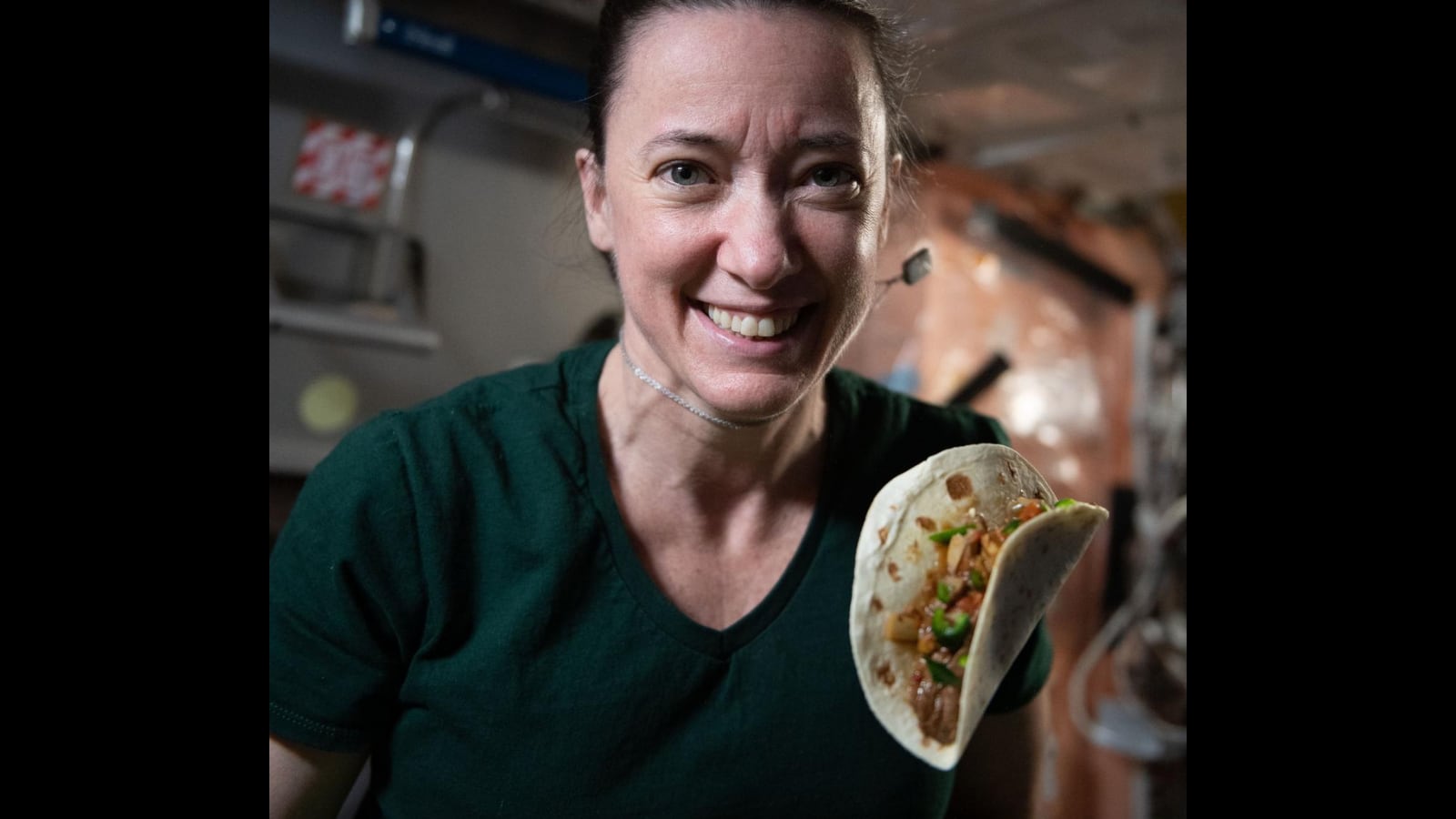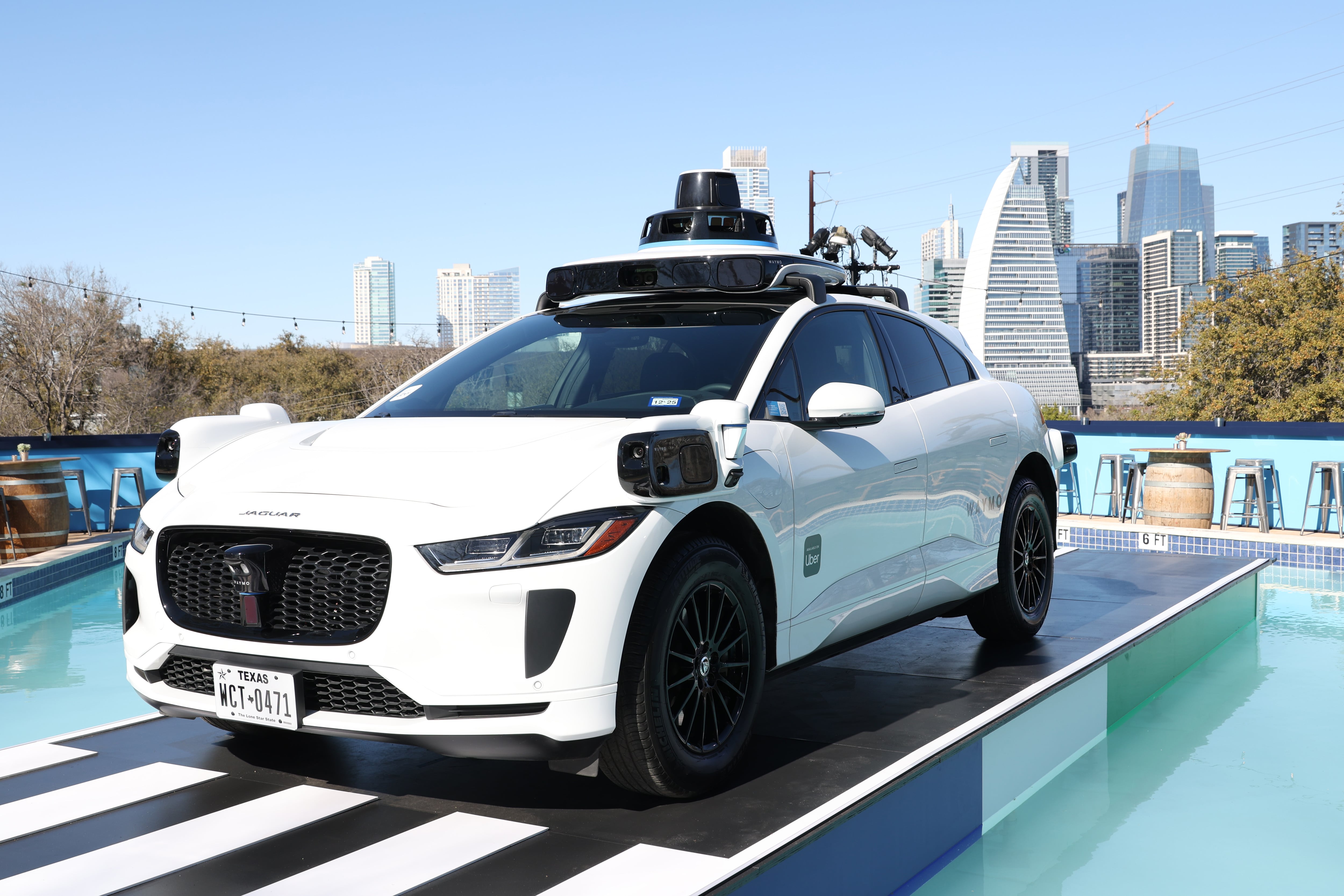Can Boeing Finally Get Back on Its Feet?
Crashing planes, exploding doors and a corporate culture that put profits ahead of safety and technology are just some of the challenges facing Boeing’s new CEO, Robert “Kelly” Ortberg, who takes over next week. Ortberg will also have to complete contract negotiations with the company’s largest union, wrap up the acquisition of fuselage maker Spirit Aerosystems (which Boeing spun off decades ago), stabilize production and lead the development of a next generation of planes to remain competitive with Airbus. Oh, and he’ll also have to clean up Calhoun’s mess: On Wednesday, the planemaker reported a Q2 loss of $1.4 billion, at least the sixth straight quarterly loss.
He’s also got to get Boeing’s Starliner spaceship back from the International Space Station, where its busted fuel system has left astronauts Barry Wilmore and Suni Williams stranded for nearly two months.
One thing Ortberg has going for him: As an engineer who started at Texas Instruments before moving to Rockwell Collins, a maker of airplane electronics, and rising to become Rockwell’s CEO, Ortberg should bring in a new corporate culture, more focused on building great airplanes than cutting corners for profits. His predecessor, David Calhoun, was a finance guy. One thing Boeing watchers will be looking at: Will Ortberg move the company’s headquarters back to Seattle, where it makes its airplanes, from the politically active Washington, D.C., area, where it’s closer to lobbyists and some of its larger customers, like the Pentagon?
Get Big Business This Week in your inbox every week—and read it before everybody else! Sign up today.
The Usual Suspects
- Elon’s World: Robotaxis may not cut it: Musk says self-driving taxis powered by AI will lead Tesla to become a $30 trillion company, but he faces stiff competition from Google, Amazon, Uber, Lyft and even General Motors, not to mention Chinese EV makers. “It’s a supercompetitive business that’s barely profitable,” analyst Ross Gerber told The New York Times. Also: After Musk accused Venezuelan president Nicolas Maduro of election fraud, the South American strongman challenged Musk to a fight: “Do you want to fight? Let’s do it. Elon Musk, I’m ready.” Musk accepted, then posted that Maduro “will chicken out.” Still no word on whether Musk has recovered from the back injury that he said forced him to back out of his planned cage match with Mark Zuckerberg.
- The Valley’s Girl? Presidential candidates love to get the backing of Silicon Valley tech titans: It shows they’re the choice of America’s future—comes with bags of campaign-boosting cash. Now Kamala Harris has won the support of some 500 venture capitalists, including LinkedIn founder Reid Hoffman, Shark Tank star Mark Cuban, and tech investor Chris Sacca. Will it be enough? Trump still has Elon Musk, Peter Thiel and star VC Marc Andreessen in his corner.
- Delta Lawyers Up: Delta Airlines says it’s hired the combative attorney David Boies as it prepares to sue tech security firm CrowdStrike for losses Delta puts at over $500 million from the July tech outage sparked by a faulty software upgrade that shut major computer systems around the world. The FAA, meanwhile, is looking at why it took Delta days longer than other airlines to resume normal schedules.
- Meta’s Money: Meta posted a net profit of $13.5 billion for Q2, a 73.1% YoY jump, as AI helped it sell more digital ads with better targeting. CEO Mark Zuckerberg says the company will stick with its plan to invest $40 billion in AI infrastructure this year. “There are all the jokes about how all the tech CEOs get on these earnings calls and just talk about AI the whole time,” Zuckerberg said on a call to discuss earnings. “It’s because it’s actually super exciting and it’s going to change all these different things over multiple time horizons.” Meta shares rose more than 7% after the earnings report.
Is a September rate cut coming?
It was a remarkably clear statement from an official who—along with his predecessors—has always spoken in the opaque language of an ancient Greek oracle. But there it was, in plain English: In September, the Fed may consider cutting interest rates, for the first time in four years. The current rate, which influences all the other rates at which banks and others lend money, is now set at between 5.25% and 5.5%.
“A reduction in the policy rate could be on the table as soon as the next meeting in September,” Fed Chair Jerome Powell said at a press conference after Wednesday’s meeting of the Federal Open Markets Committee, which sets the U.S. economy’s benchmark rate. Economists like Gregory Daco at consulting firm EY say putting off the move until September gives the Fed the benefit of having more data to show inflation is now stable around the target 2-percent rate. “Markets are now pricing more than a full 25bps rate cut in September, nearly two by November and almost three before the end of the year,” Daco wrote in a note, adding, “This may be more than the Fed bargained for.” The Fed has a dual charge, to keep inflation down (preserving the value of our money) and keeping employment up (letting more people earn money), and it seems like the two may finally be lining up again, with unemployment at a low of 4.1% (after peaking under Donald Trump at a pandemic high of 14.5%).
So what does that mean for us regular folks? Not a lot. Credit card rates are already at about 20% a year and refinancing them with a bank loan is probably the best way to cut that cost. Student loans and existing mortgages are already fixed, but the main thing that might improve significantly as the Fed cuts rates are home mortgage rates—they could start heading down to about 6% from the current 6.86%. That would cut monthly payments on a $500,000 30-year mortgage to $2,998 from $3,270.
Odds & Ends
- About That Delay: Wondering why your Amtrak train to Washington still hasn’t left Wilmington? The Justice Department says it’s because freight railroad Norfolk Southern is failing to give Amtrak trains priority, a violation of federal law. A Federal Railroad Administration report released this year cited freight train interference as the top cause for delays during Q1 along the New York to New Orleans route. Norfolk Southern is paying nearly $1 billion over a derailment that left East Palestine, Ohio, under a cloud of toxic fumes.
- Ack Attack: Bill Ackman, the aging wunderkind of activist investors, who always manages to stir up a storm wherever he goes, has just pulled the plug on an investment fund he promised would let Main Street investors get private equity returns and would become the next Berkshire Hathaway, with an annual meeting to rival Warren Buffett’s and where shareholders could, presumably, hear the wisdom of Ackman himself. First Ackman’s Pershing Square firm slashed the fund’s size to $2 billion, then it canceled the IPO altogether, saying too many investors felt they could buy shares at cut prices after the IPO.
Is Microsoft’s AI Megaplay Working?
Sometimes good just isn’t good enough. Microsoft, the world’s largest company by market capitalization (for the moment), saw revenue jump 15% and profits rise 10% YoY in Q2, but to some investors and traders that just wasn’t good enough. Apparently they expected that AI was going to boost revenue and profits even more. The company’s shares dropped almost 3% in after-hours trading following Tuesday’s after-market earnings report.
Somehow a 29% increase in revenue for its Azure cloud computing business, the heart of CEO Satya Nadella’s AI strategy, was a disappointment when revenue was supposed to grow 30%. Investors seem to have piled on to tech stocks when the big AI advances were announced last year, and now some are selling, worried that too much was expected too soon. Microsoft is up about 12% this year, but down around 6% this month.
With a multibillion-dollar partnership with OpenAI, and plans to spend tens of billions of dollars on new data centers and special chips, Nadella waved away the latest problems as hiccups on the path to an AI-powered future. “These are generational things once they get going with you,” he said on a call to present the company’s results on Tuesday.
Peter S. Green is a veteran reporter and editor who has spent more than two decades covering business and finance from Eastern Europe to New York City, and has worked for Bloomberg News, The New York Post, The New York Times and The Messenger. He lives in New York City and is always looking for the next big story.
